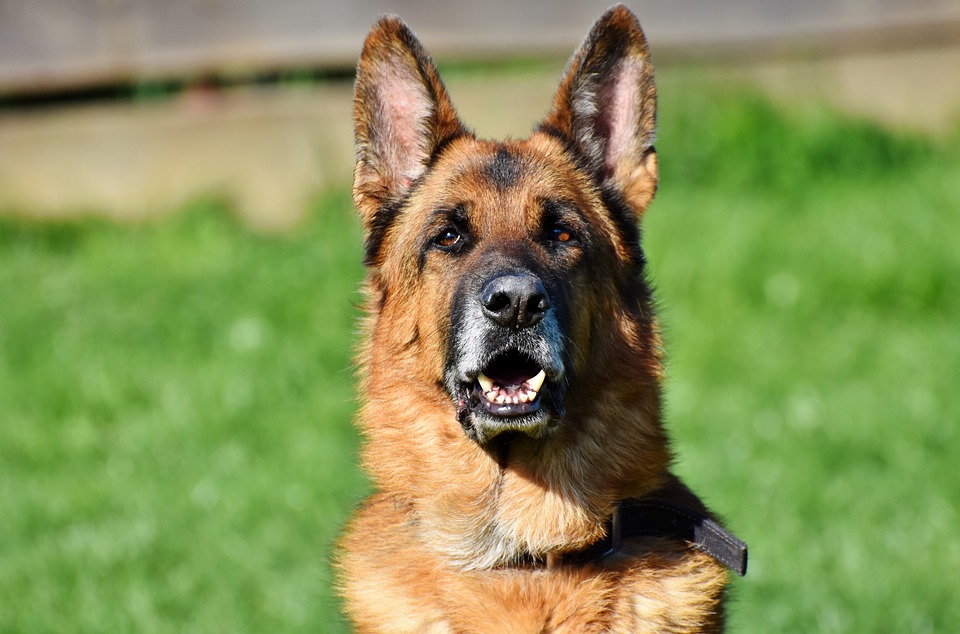
German Shepherd: A Comprehensive Guide
History of the Breed
The German Shepherd, often hailed as one of the most versatile and intelligent dog breeds, has a rich and storied history. Originating in Germany in the late 19th century, these dogs were initially bred for their herding abilities, particularly in working with sheep.
Captain Max von Stephanitz is credited with the development of the modern German Shepherd breed. In 1899, he acquired a dog named Horand von Grafrath, who became the foundation of the breed. Stephanitz sought to create a versatile working dog with exceptional intelligence, loyalty, and trainability, and the German Shepherd soon gained popularity not only as a herding dog but also in various roles such as police work, search and rescue, and military service.
Physical Characteristics
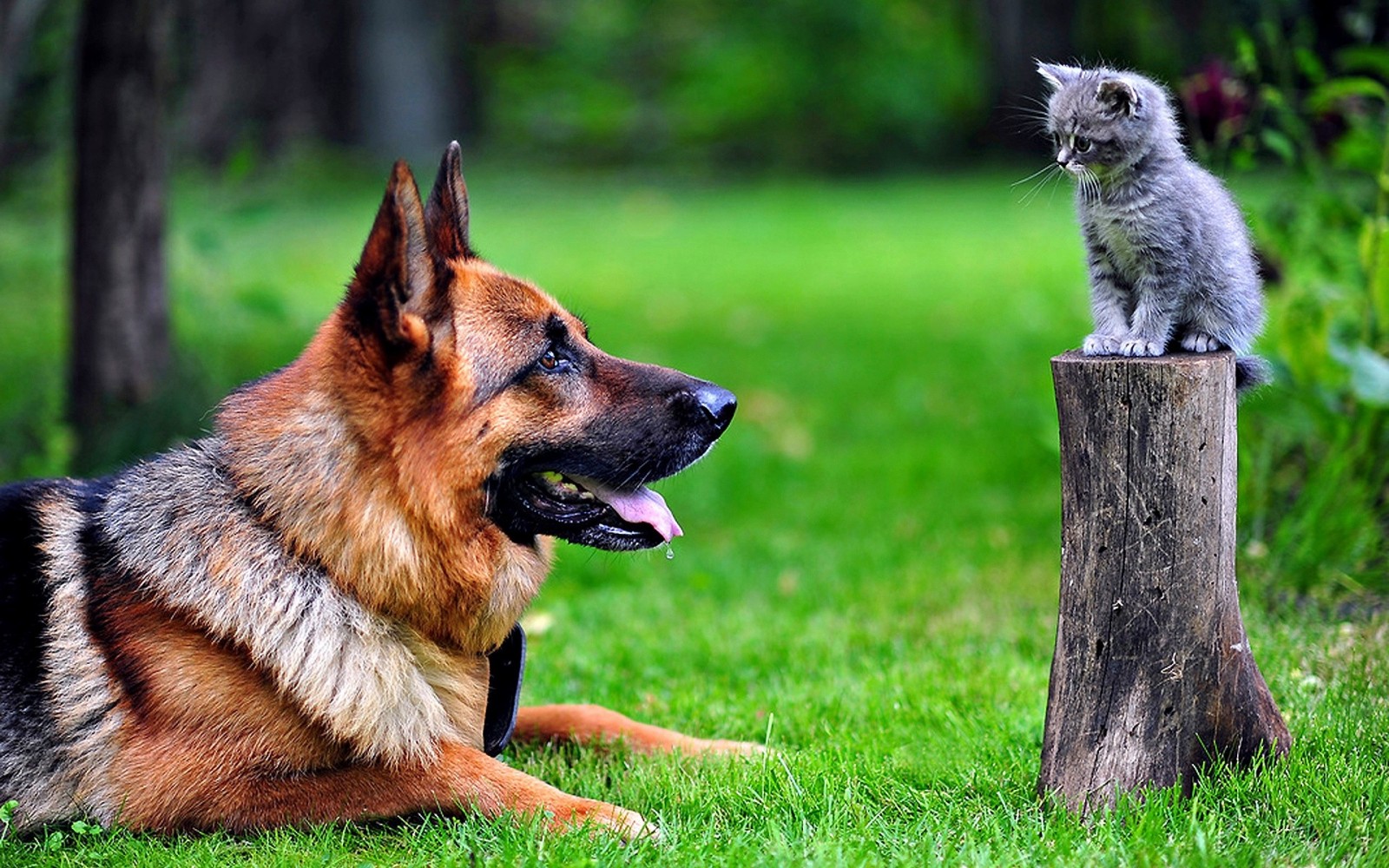
The German Shepherd is a medium to large-sized dog with a muscular build and an elegant yet powerful appearance. They typically stand between 22 to 26 inches tall at the shoulder and weigh anywhere from 50 to 90 pounds, with males being larger than females.
One of the breed’s most distinctive features is its noble head with a strong, wedge-shaped muzzle and erect, pointed ears. German Shepherds have a double coat consisting of a dense, straight or slightly wavy outer coat and a thick, insulating undercoat. Their coat comes in various colors, including black and tan, sable, and solid black.
Health and Basic Care

Overall, German Shepherds are a relatively healthy breed with a lifespan of 9 to 13 years. However, like all dog breeds, they may be prone to certain health issues, including hip dysplasia, elbow dysplasia, degenerative myelopathy, and bloat. Regular veterinary check-ups, a balanced diet, and plenty of exercise are essential for maintaining their health and well-being.
Basic care for a German Shepherd includes regular grooming to keep their coat healthy and free of tangles and mats. Their coat should be brushed several times a week to remove loose hair and prevent shedding. Additionally, their nails should be trimmed regularly, and their ears should be checked and cleaned as needed to prevent wax buildup and infections.
Temperament and Personality
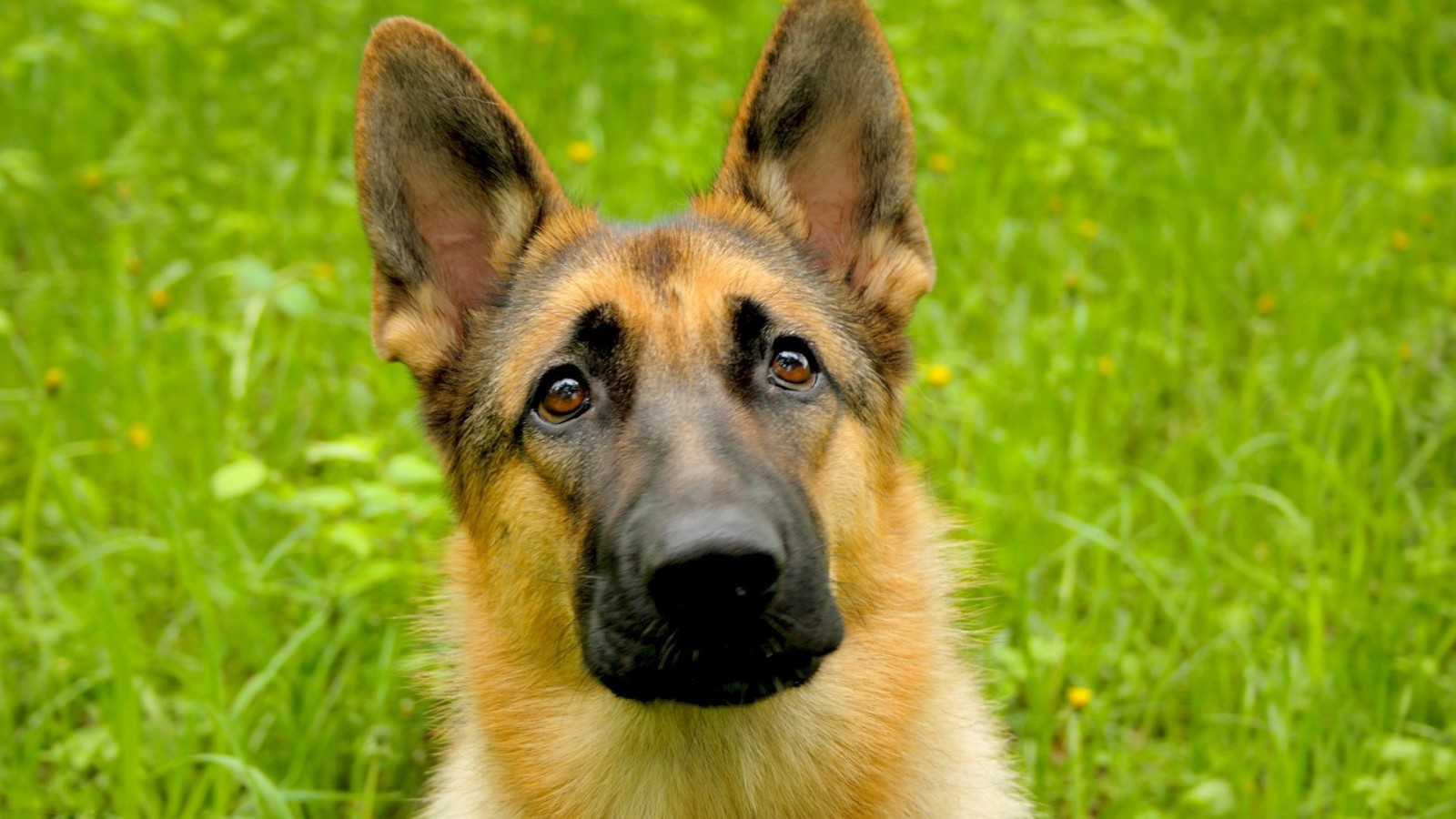
German Shepherds are known for their intelligence, loyalty, and versatility. They are confident and courageous dogs with a strong protective instinct, making them excellent guardians and family companions. German Shepherds are fiercely loyal to their families and will go to great lengths to protect them from harm.
Despite their protective nature, German Shepherds are also gentle and affectionate with their loved ones. They form strong bonds with their owners and thrive on attention and companionship. German Shepherds are highly trainable and excel in various canine sports and activities, including obedience, agility, and tracking.
Training and Socialization
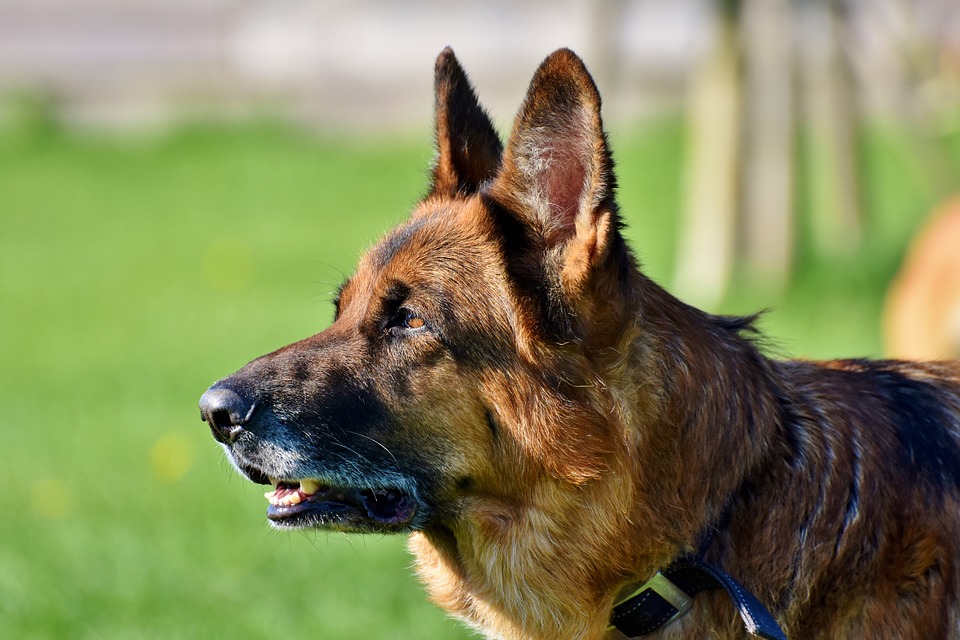
Training is essential for German Shepherds due to their intelligence and high energy levels. They require mental stimulation and physical exercise to prevent boredom and destructive behavior. Positive reinforcement techniques, such as treats, praise, and playtime, are highly effective in training German Shepherds and building a strong bond with them.
Early socialization is also crucial for German Shepherds to ensure they grow up to be well-adjusted and confident dogs. Exposing them to different environments, people, and animals from a young age will help prevent fearfulness or aggression later in life. German Shepherds thrive on structure and routine and will excel in training when provided with clear expectations and consistent guidance.
Nutrition
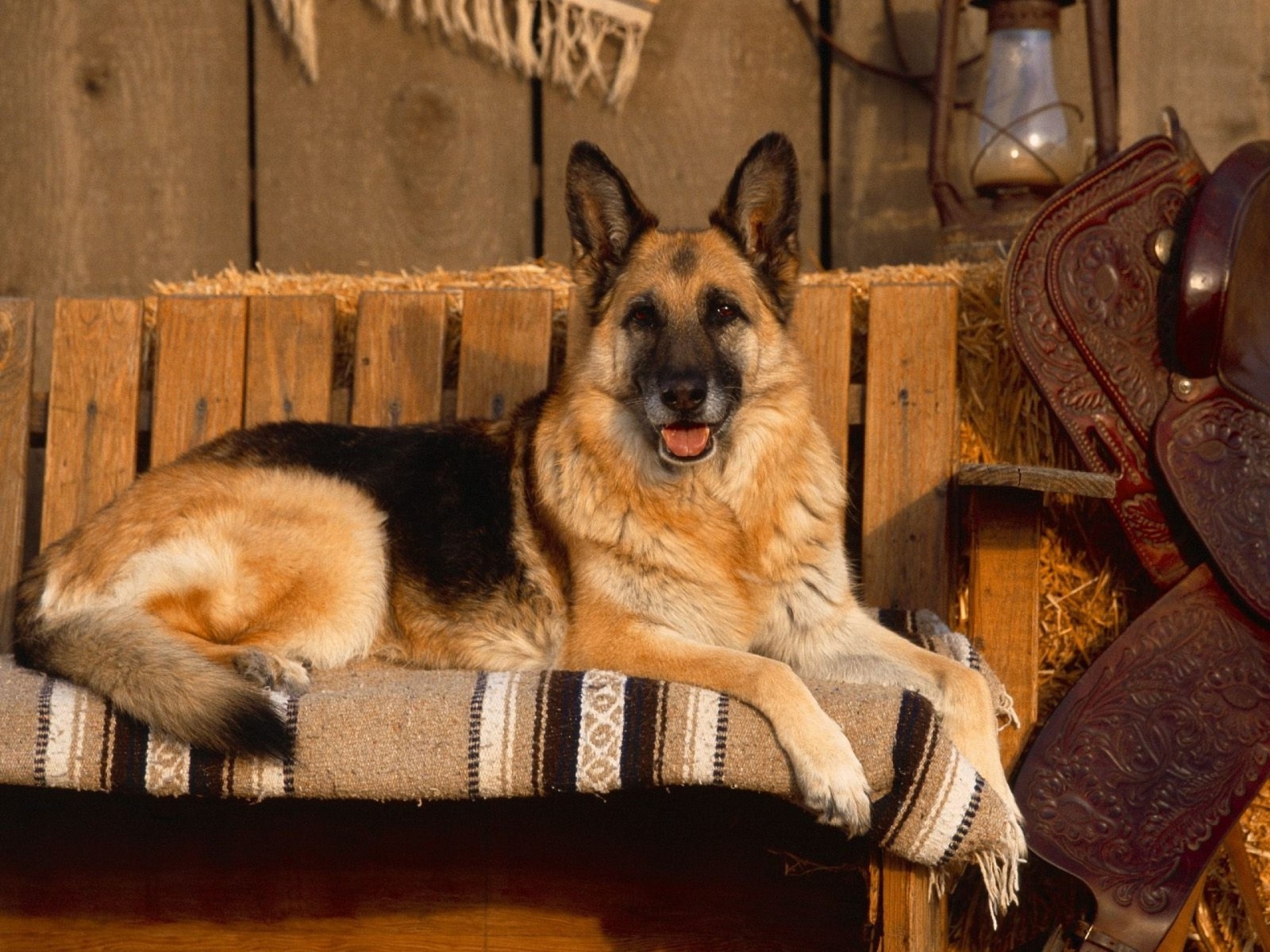
A well-balanced diet is essential for maintaining the health and vitality of a German Shepherd. Choose a high-quality dog food formulated for large breeds, with a balance of protein, fat, carbohydrates, vitamins, and minerals. Avoid overfeeding and monitor their calorie intake to prevent obesity, as German Shepherds have a tendency to gain weight if not exercised adequately.
It’s essential to provide fresh water at all times to keep your German Shepherd hydrated, especially during periods of exercise or hot weather. Treats can be given in moderation as rewards during training sessions, but avoid feeding table scraps or high-calorie snacks that can contribute to weight gain and nutritional imbalances.
Suitable Environment

German Shepherds are adaptable dogs that can thrive in various living environments, including apartments, suburban homes, or rural settings. However, they require plenty of space to roam and exercise, so providing a fenced yard or access to outdoor space is ideal. German Shepherds are active dogs that enjoy regular exercise and mental stimulation, so daily walks, play sessions, and training sessions are essential for their well-being.
While they enjoy spending time outdoors, German Shepherds are also loyal and devoted family members that enjoy being close to their loved ones. They are not well-suited to spending long periods alone and may become anxious or bored if left without companionship for extended periods.
Frequently Asked Questions
Are German Shepherds good with children?
Yes, German Shepherds are known for their gentle and protective nature, making them excellent companions for families with children. They are patient and tolerant of handling and enjoy being included in family activities.
Do German Shepherds require a lot of grooming?
German Shepherds have a double coat that requires regular grooming to keep it healthy and free of tangles and mats. Their coat should be brushed several times a week, especially during shedding season, to remove loose hair and prevent mats from forming. Additionally, their nails should be trimmed regularly, and their ears should be checked and cleaned as needed to prevent wax buildup and infections.
